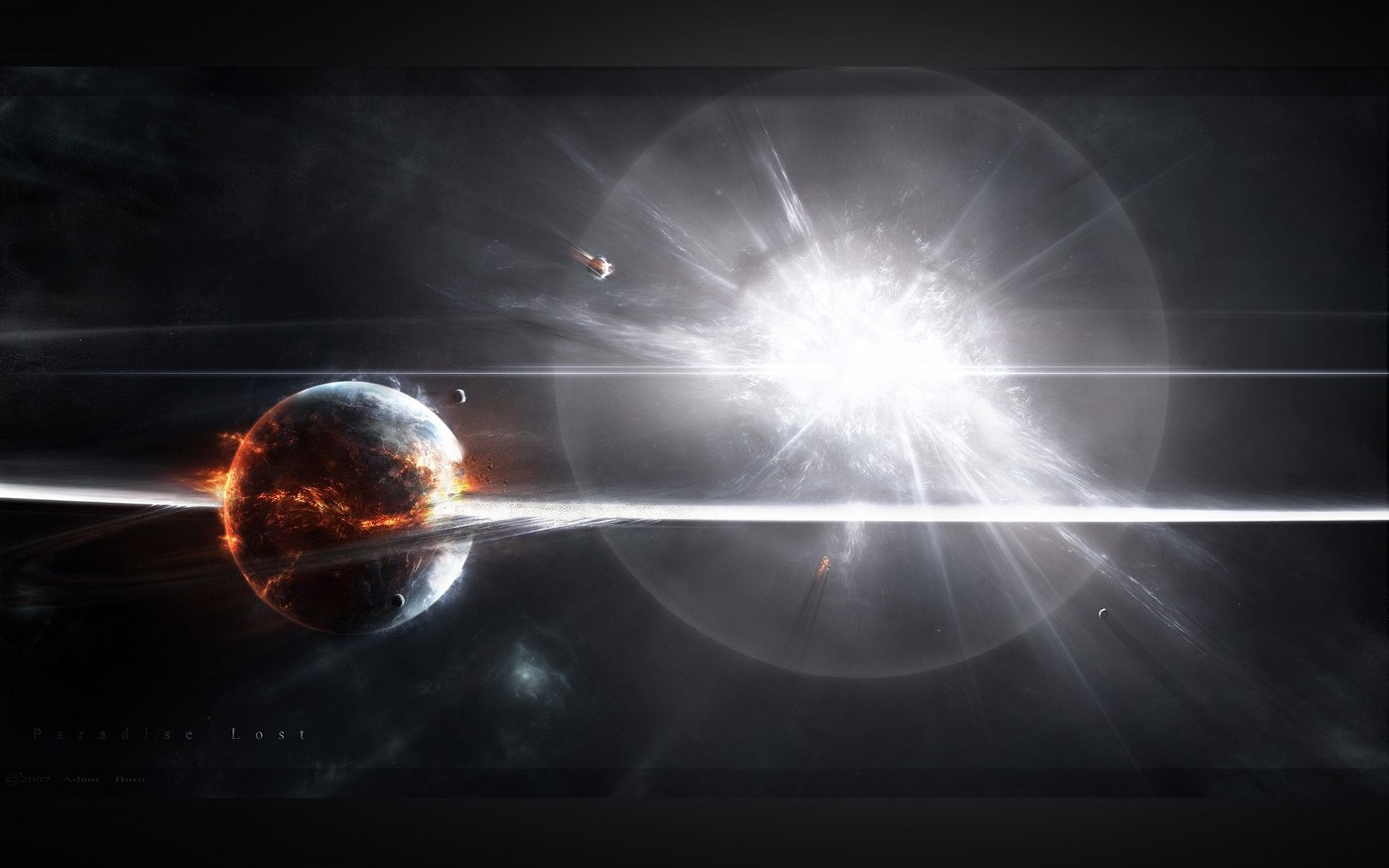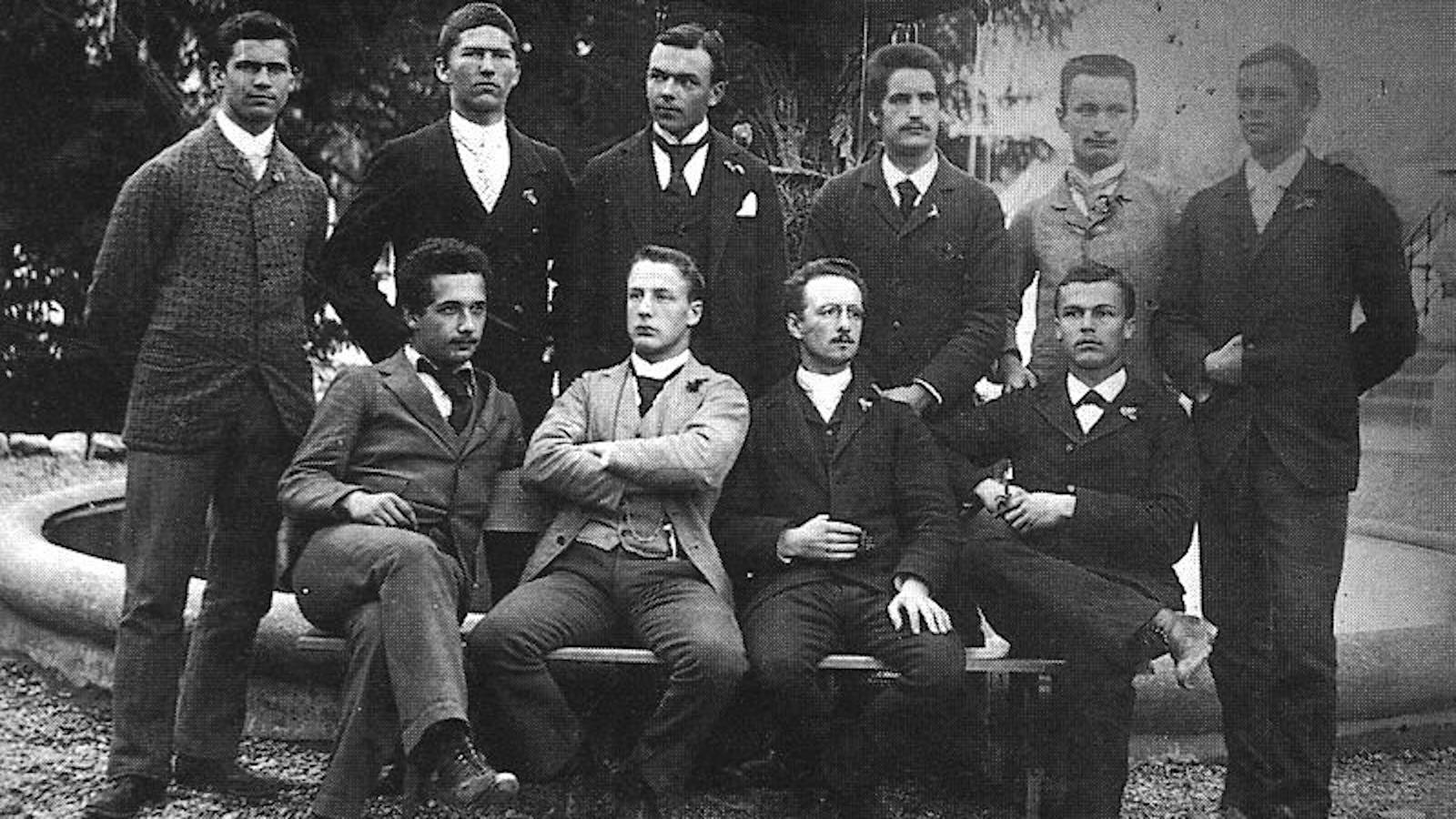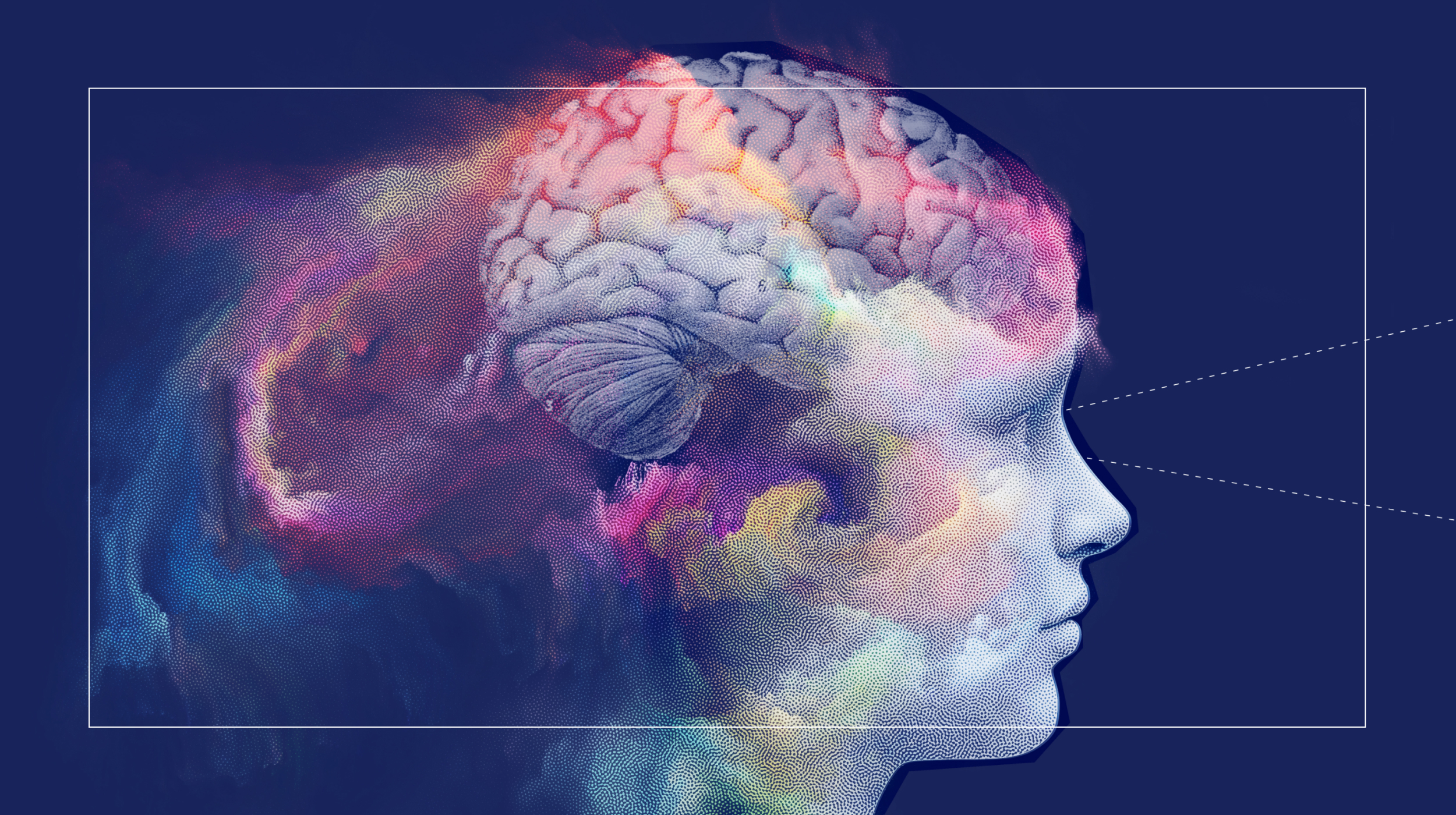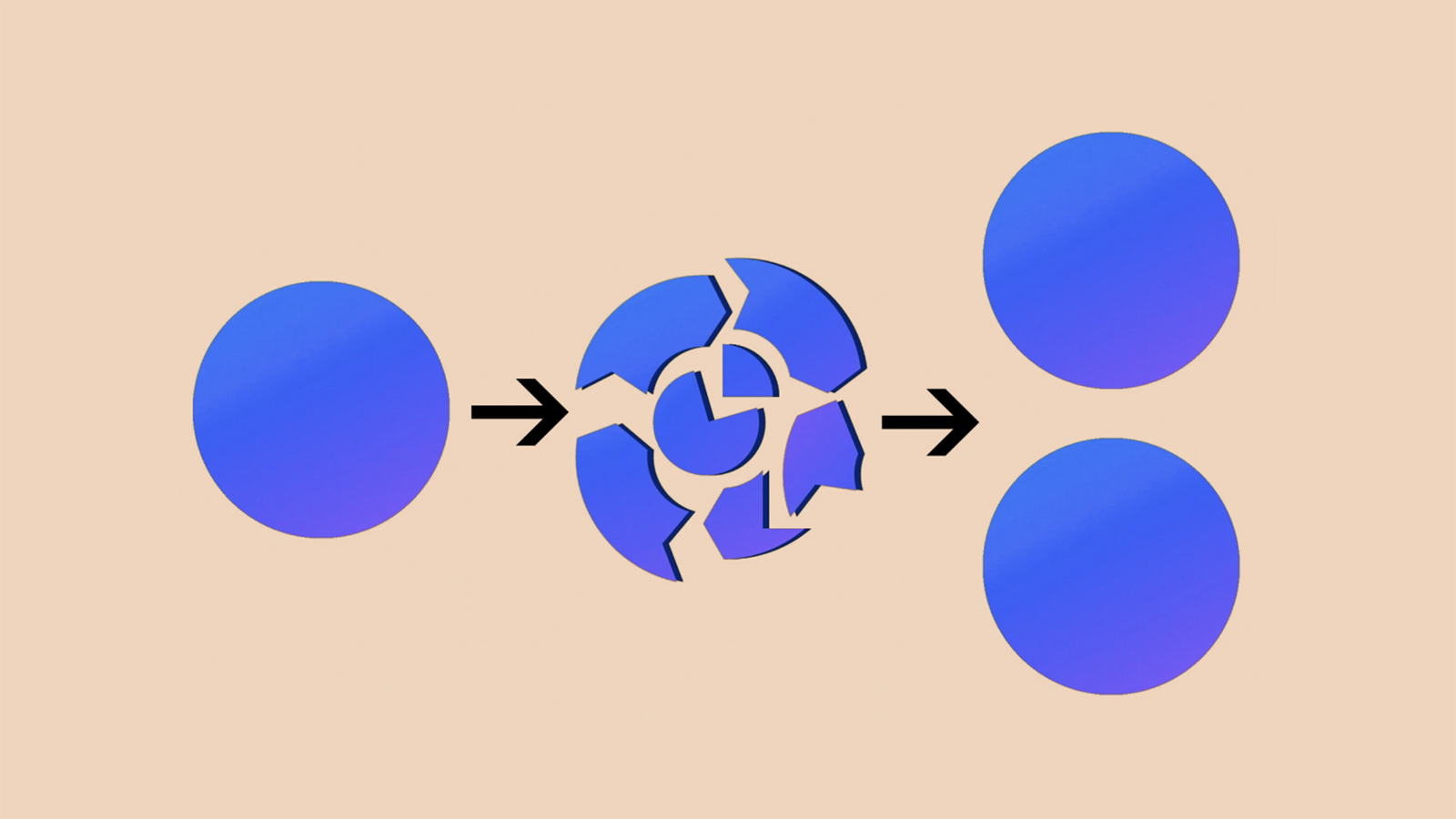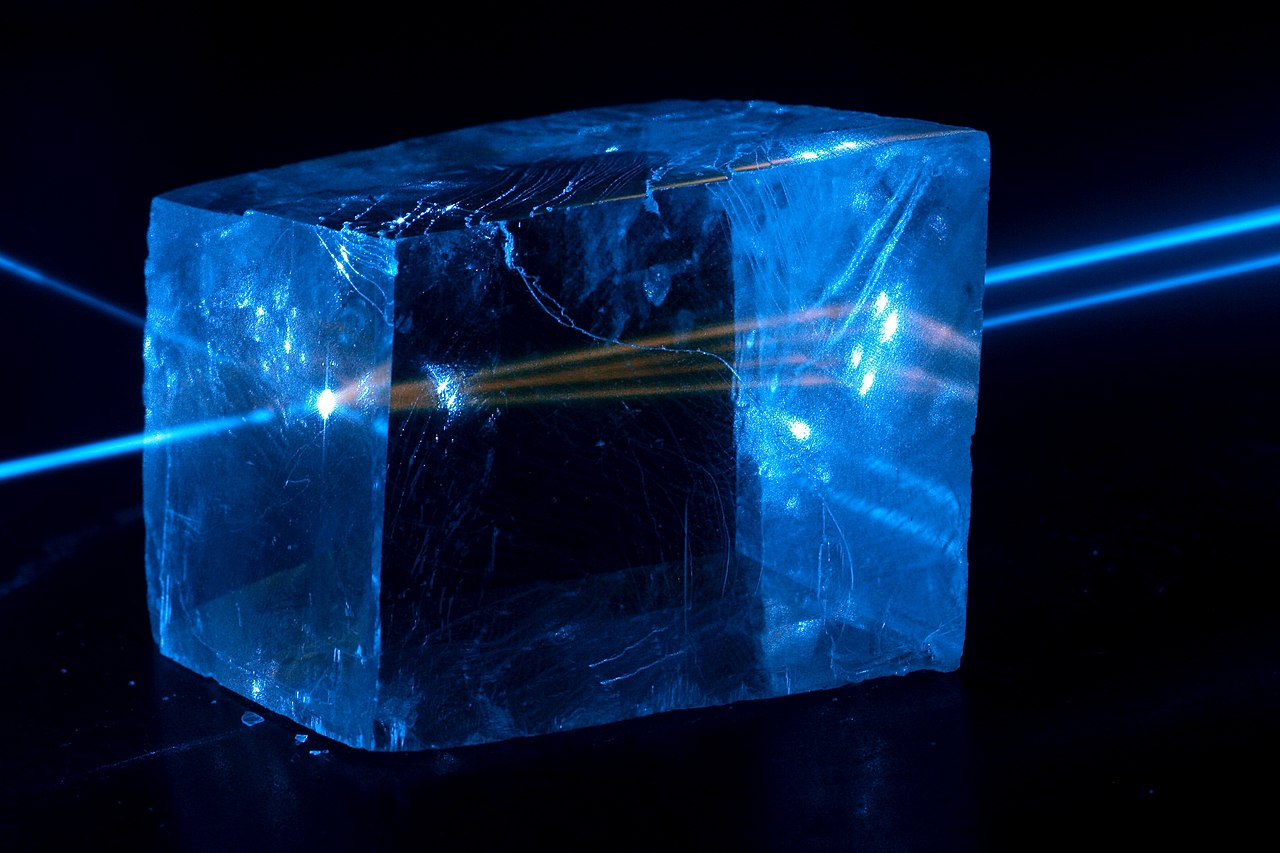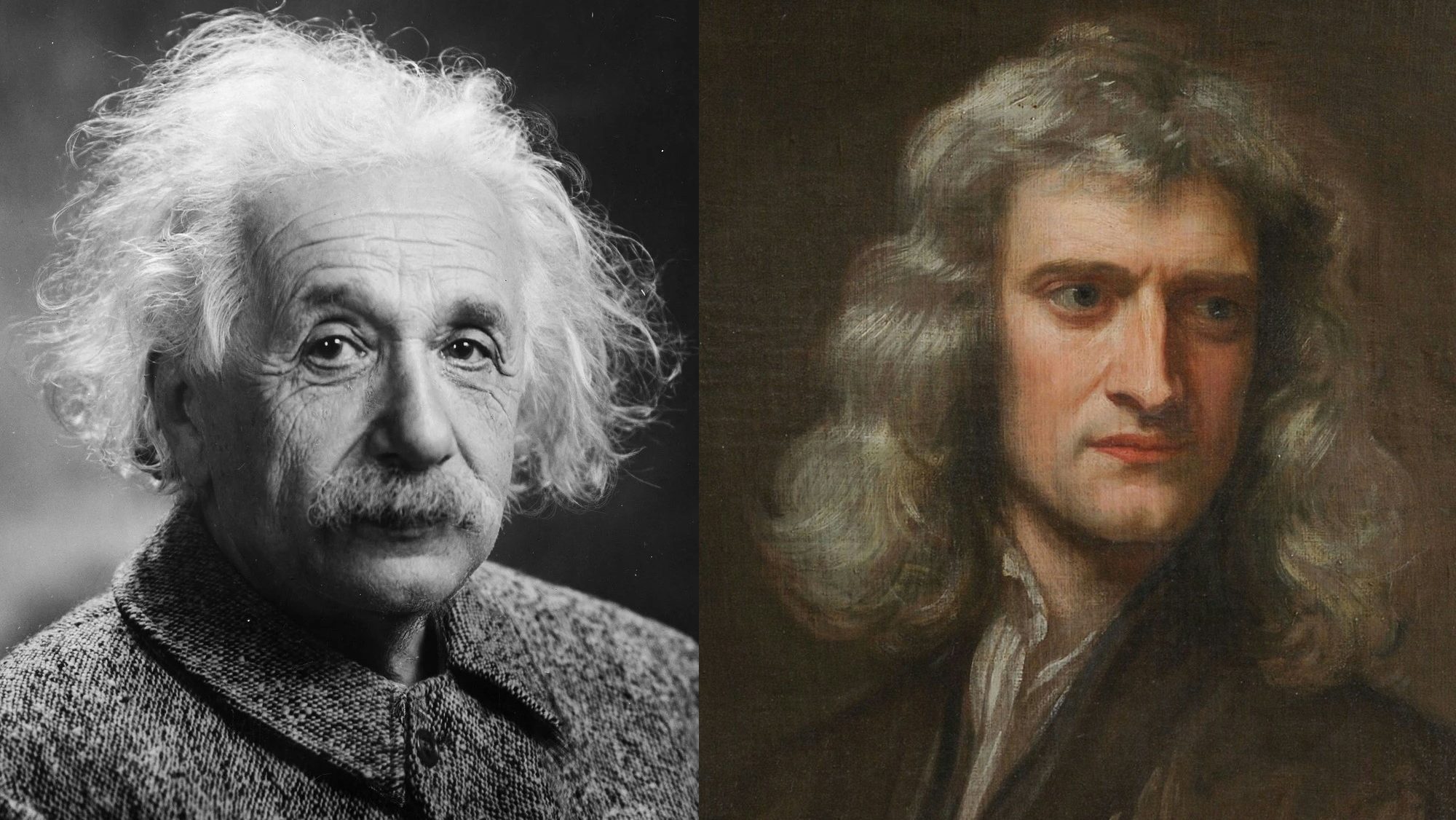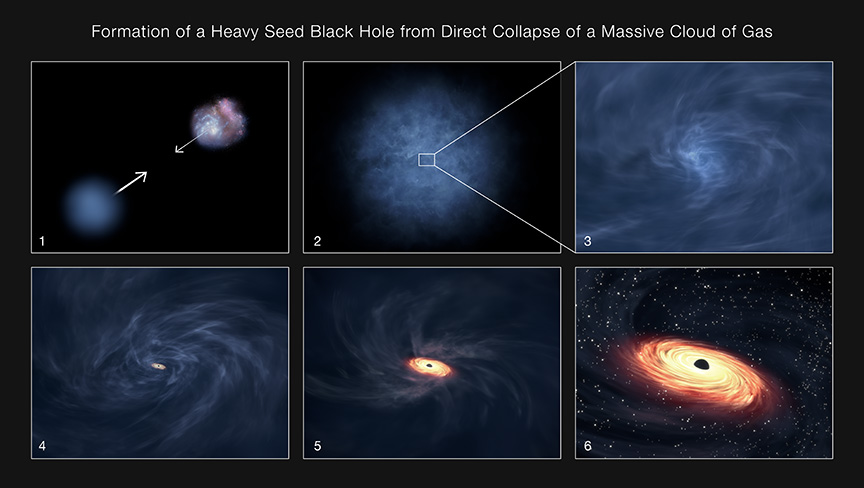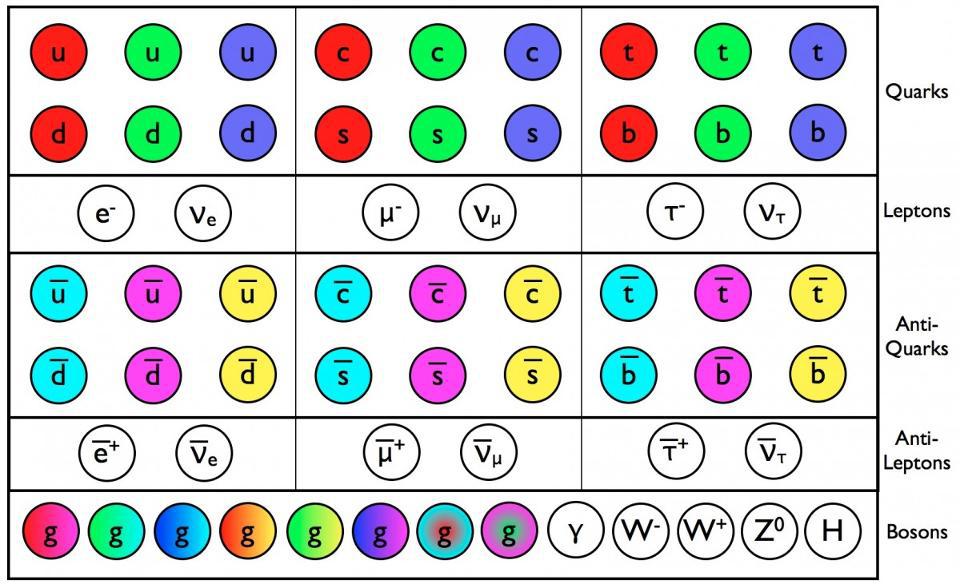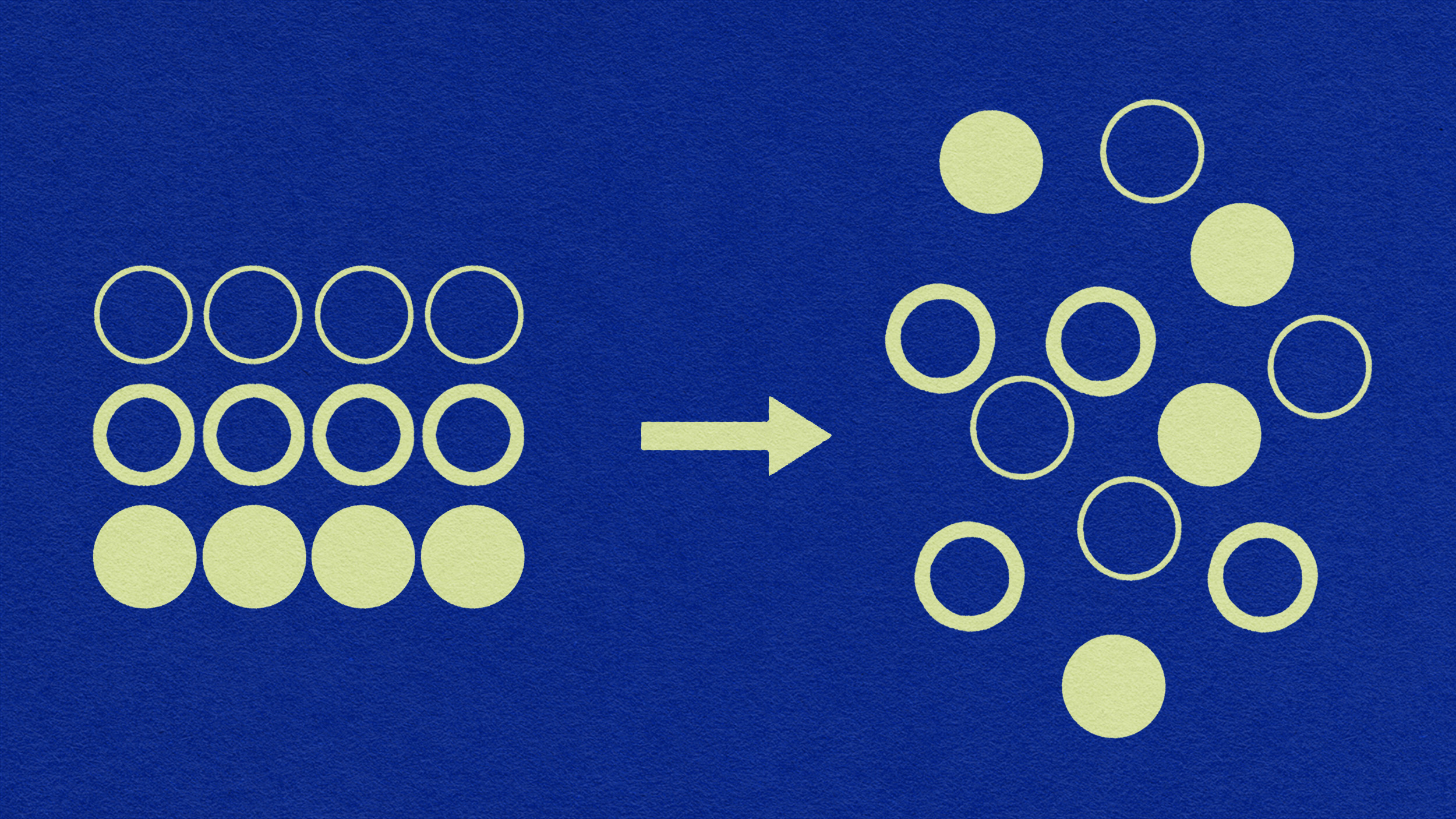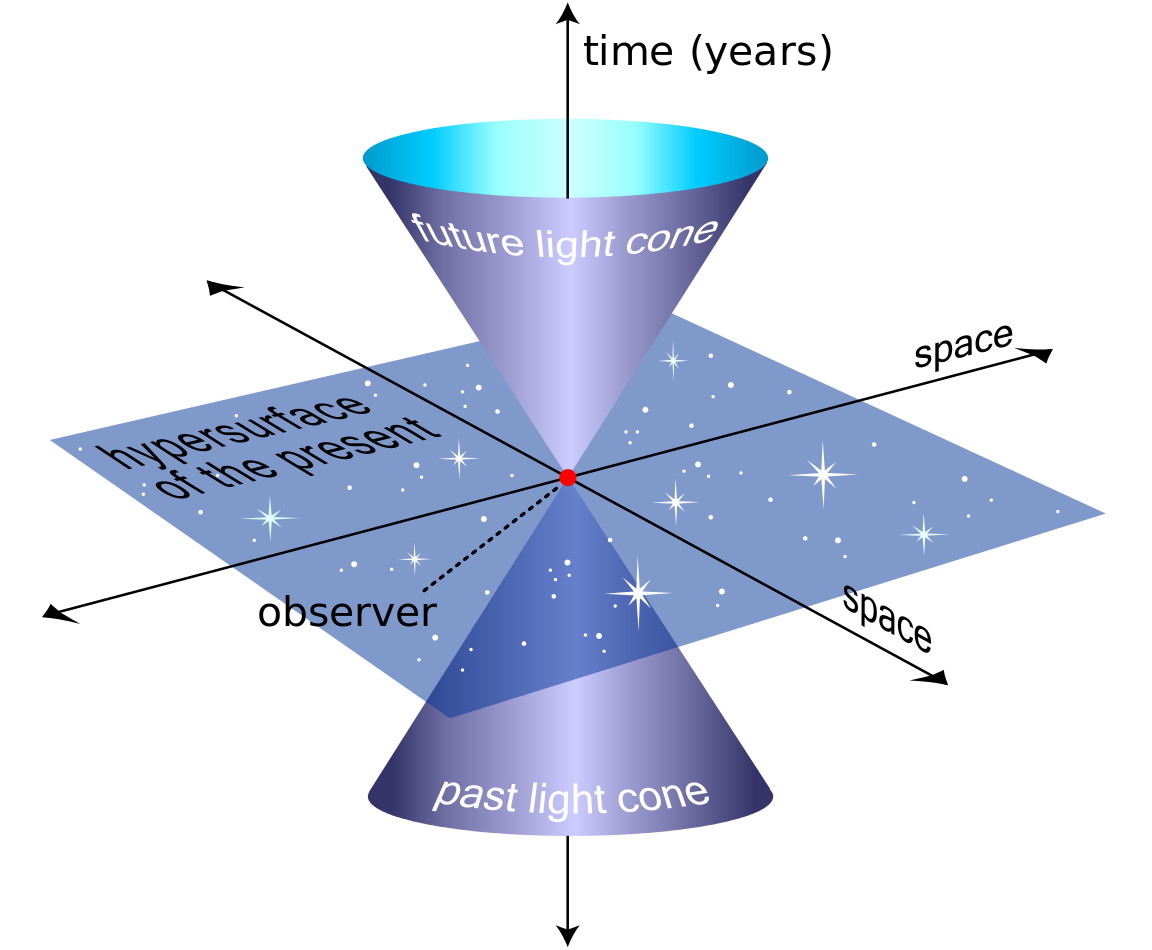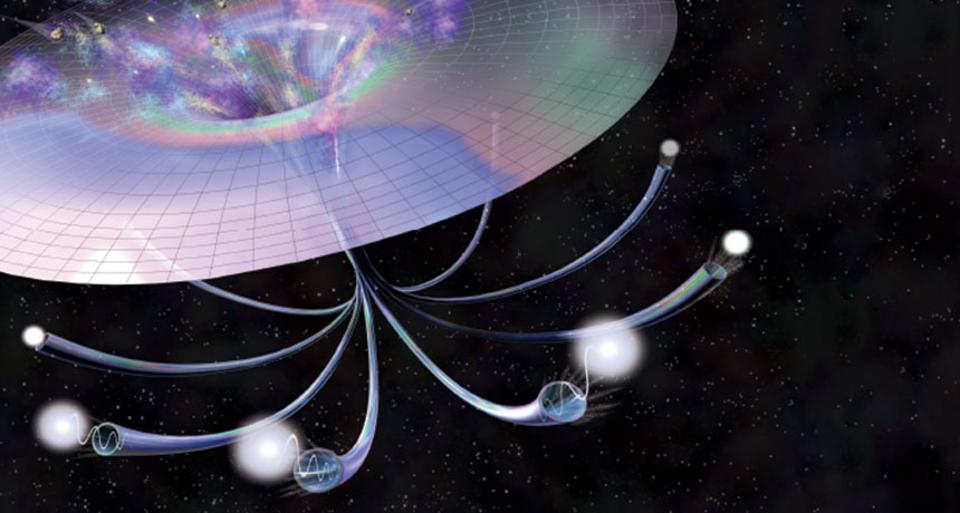Search Results
You searched for: Physical Constants
Smashing things together at unprecedented energies sounds dangerous. But it’s nothing the Universe hasn’t already seen, and survived.
From high school through the professional ranks, physicists never tire of Newton’s second law.
In special relativity, the statement that two events happened at the same time is meaningless.
There are many things that separate science from ideology, politics, philosophy, or religion. Follow these 10 commandments to get it right.
Giambattista della Porta’s contributions to codebreaking changed the course of communication.
Signals from the environment, such as those detected by your sense organs, have no inherent psychological meaning. Your brain creates the meaning.
From time-traveling billiard balls to information-destroying black holes, the world’s got plenty of puzzles that are hard to wrap your head around.
“Uitwaaien” is a popular activity around Amsterdam—one believed to have important psychological benefits.
The authors call it “wildly theoretical” — but let’s take a look, anyway.
The lack of friendship is particularly a problem for men. But there are easy ways to make friends.
In our Universe, all stable atomic nuclei have protons in them; there’s no stable “neutronium” at all. But what’s the reason why?
There’s a speed limit to the Universe: the speed of light in a vacuum. Want to beat the speed of light? Try going through a medium!
“When you feel the isolation setting in at times, you have to reframe your mindset.”
In all of science, no figures have changed the world more than Einstein and Newton. Will anyone ever be as revolutionary again?
Parents want the best for their kids, but resilience helps children better cope with life’s unavoidable challenges.
In all the Universe, only a few particles are eternally stable. The photon, the quantum of light, has an infinite lifetime. Or does it?
Personal finance advice is often over-simplified and fails to consider economic research or people’s unique circumstances.
Each year, over half a million migrants cross the deadly jungle separating Colombia from Panama in search of a better life in the United States.
Even in the very early Universe, there were heavy, supermassive black holes at the centers of galaxies. How did they get so big so fast?
The Standard Model of elementary particles has three nearly identical copies of particles: generations. And nobody knows why.
The second law of thermodynamics tells us that entropy always increases. But that doesn’t mean it was zero at the start of the Big Bang.
Science doesn’t fit neatly into ideology.
We take for granted that time is real. But what if it’s only an illusion, and a relative illusion at that? Does time even exist?
According to neuropsychologist Julia DiGangi, no one can live a life free of emotional pain. We can only choose how those emotions empower us.
Virtual instructor-led training is easily scalable and convenient for remote learners. Here’s how to orchestrate it effectively.
In all the Universe, only a few particles are eternally stable. The photon, the quantum of light, has an infinite lifetime. Or does it?
The Athenian rich paid their taxes because they craved the social success of being perceived as “useful.”
As we gain new knowledge, our scientific picture of how the Universe works must evolve. This is a feature of the Big Bang, not a bug.

